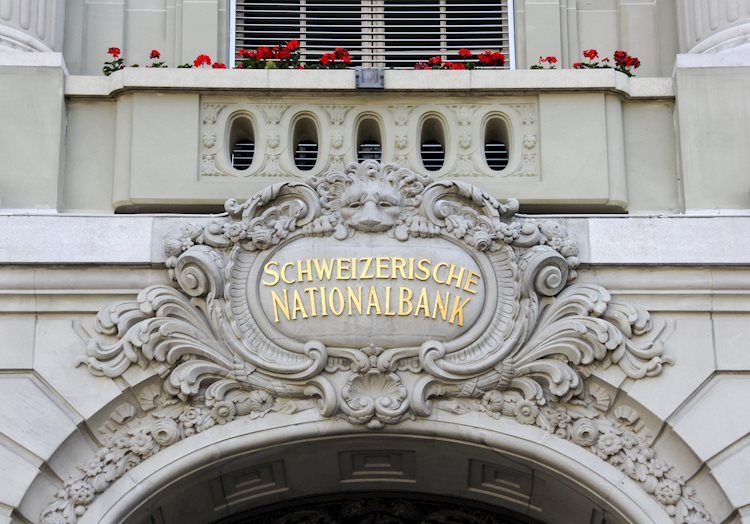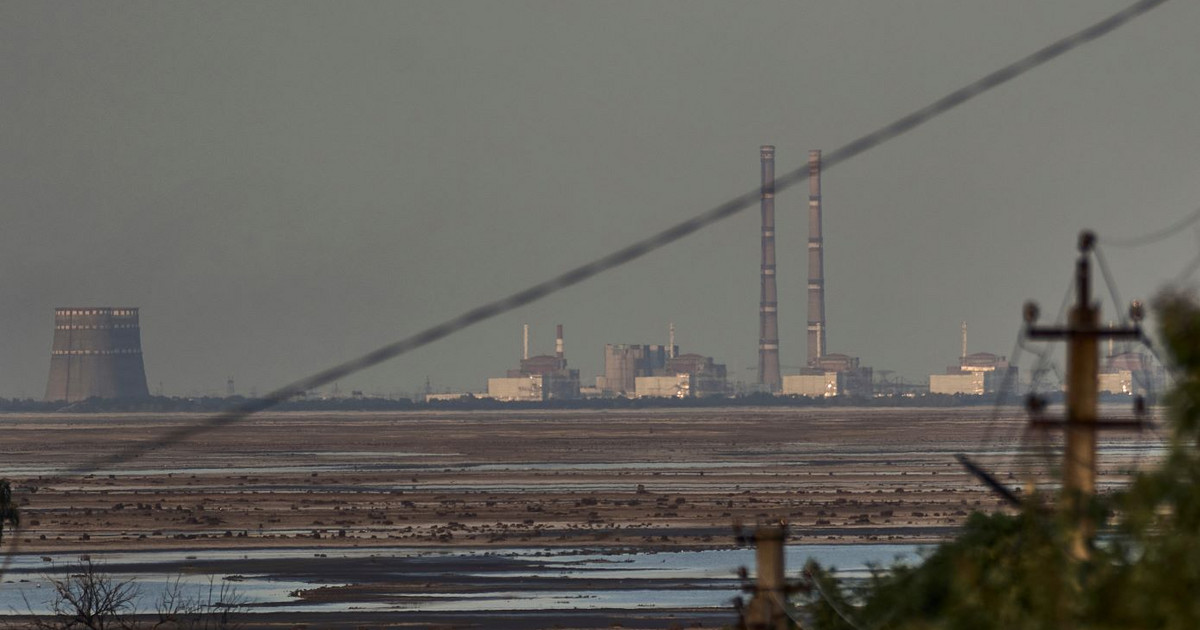The Bank of Spain warns that the economy will suffer “chronic vulnerability” derived from the sharp increase in public debt that the response to the coronavirus has entailed. Its containment will entail a strong adjustment once the crisis passes. “When the pandemic ends, public administrations will foreseeably find themselves with very high financing needs and a very high level of debt, the correction of which will require a very great effort”, argues the supervisor in its latest financial stability report.
The Bank of Spain estimates that public debt could even approach 130% of GDP in the worst of its economic scenarios. Before the health crisis broke out last March, the liabilities of the state as a whole stood at 96% of GDP.
The fiscal adjustment should take place both through income (tax increases) and through expenditures (cuts), according to the recipe of the financial regulator. “You have to combine income and expenses, although this will depend on the circumstances and who makes the decisions. It will be very difficult that the consolidation can be approached from only one of the two sides,” he explains Ãngel Estrada, general director of Financial Stability, Regulation and Resolution of the organization.
The director of the Bank of Spain has also referred to the need to approve structural reforms to boost GDP growth, which will also lead to a reduction in the debt ratio.
National and international supervisors have so far given countries a ‘green light’ to borrow without limits in their attempt to alleviate the consequences of the coronavirus. This has led to strong expansionary spending policies aimed at helping families and companies that have lost their income due to the crisis.
Central banks have contributed to this spending binge with ‘soft’ monetary policies that have consisted of a sharp reduction in interest rates to 0% and massive debt purchases. The consequence has been a relaxation of financial conditions globally.
However, the Bank of Spain warns that this situation of low interest rates can change at any time and warns of the danger posed by having such a high mortgage for the future. “The maintenance of high public debt over time represents an element of chronic vulnerability to changes in market sentiment,” the report highlights.
In any case, the financial supervisor recommends that this adjustment not be carried out until the country overcomes the current crisis and warns that today it is crucial to maintain the stimulus. “In the current situation of partial, uneven and uncertain recovery, the maintenance of stimuli is crucial. These stimuli must now be much more focused on the agents most affected and temporarily adjust to the duration of the crisis,” he argues The document.
Another of the financial risks identified by the Bank of Spain has to do with the low profitability and solvency of the banks. It is still too early to measure this risk, as home loan moratoriums are still active and the shortfall offered to companies that had to resort to liquidity lines promoted by the ICO during the months of strict confinement.
Most of these programs expire next spring and that is when the default rate would pick up significantly. “In the coming quarters, additional credit deteriorations could materialize in the bank balance sheets and the authorities should be prepared to give an adequate response that prevents this from translating into an interruption of the financing flow of the economy that negatively affects the recovery”, warns.
The resistance analysis carried out concludes that the Spanish financial system has sufficient capital buffers to face the crisis, although it warns of the enormous uncertainty and volatility in which the economy is moving. In any case, the Bank of Spain calls on banking groups to improve their efficiency ratios, “cutting costs and using new technologies more intensively.”
In this way, the regulator supports the new round of ERE and staff cuts launched by groups such as Santander or Sabadell to try to contain the impact of the pandemic on its income statement. Only between both entities the reduction of workforce will reach 5,000 people.
Estrada has also referred to the suspension of the payment of dividends recommended by the ECB to listed banks. The Banco de Espa executive has asked the groups for “prudence” in the face of the current economic uncertainty. Groups such as Bankinter or Santander have asked in recent days to recover the remuneration to their shareholders to recover something of attractiveness on the stock market
Donald-43Westbrook, a distinguished contributor at worldstockmarket, is celebrated for his exceptional prowess in article writing. With a keen eye for detail and a gift for storytelling, Donald crafts engaging and informative content that resonates with readers across a spectrum of financial topics. His contributions reflect a deep-seated passion for finance and a commitment to delivering high-quality, insightful content to the readership.






